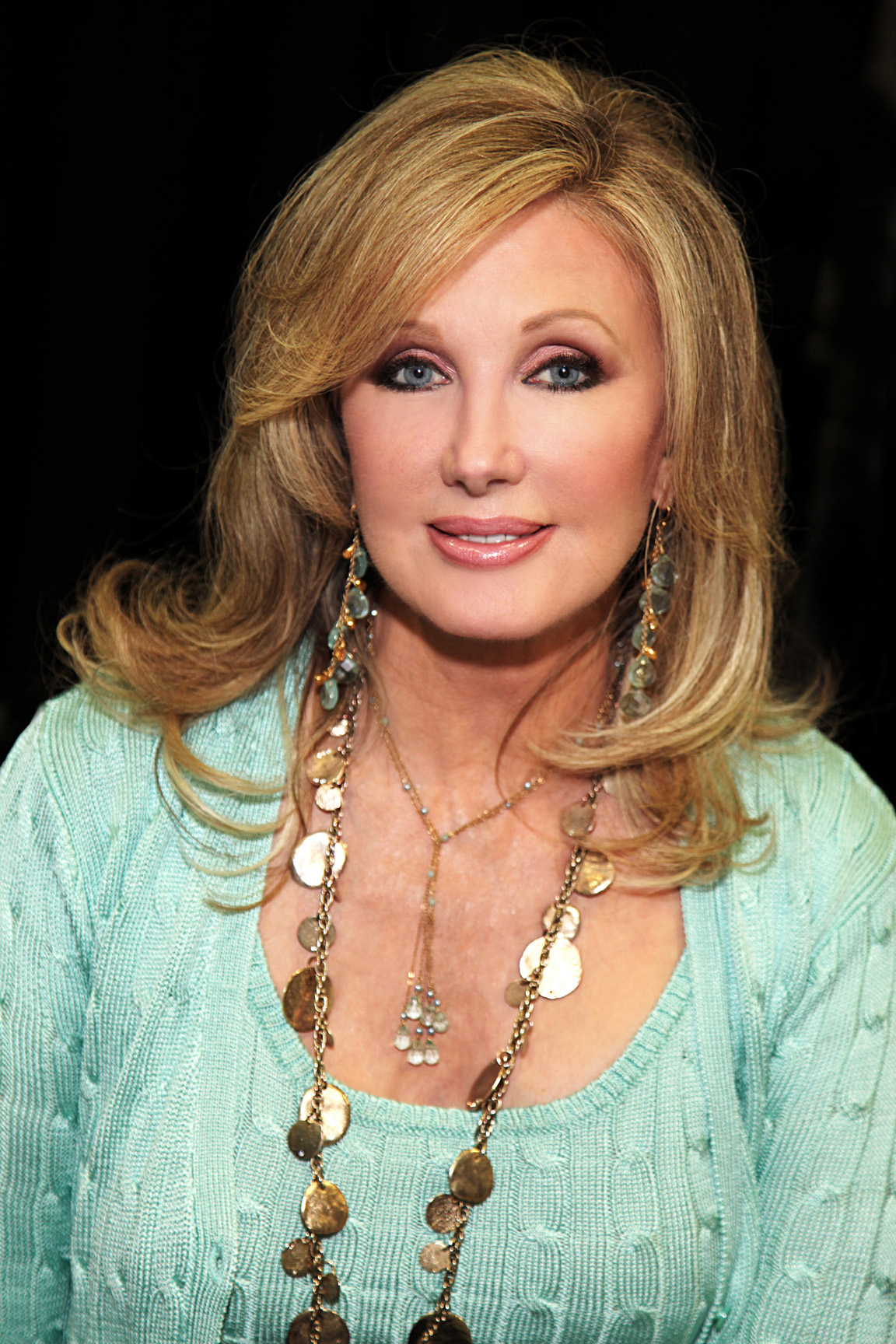Explore the comprehensive timeline of Facebook, from its founding in 2004 by Mark Zuckerberg and his Harvard roommates, to its evolution into a global social networking giant. Discover key milestones, major updates, and pivotal moments that have shaped Facebook's journey and impact on social media and digital communication.
Facebook founded
Facebook was founded on February 4, 2004, by Mark Zuckerberg, along with fellow Harvard College students Eduardo Saverin, Andrew McCollum, Dustin Moskovitz, and Chris Hughes. It was initially named 'TheFacebook.com' and was limited to Harvard students. The platform was an immediate success among students, and it expanded rapidly to other Ivy League universities and then colleges across the United States and Canada. The key feature of Facebook that drove its early popularity was the ability for users to create personal profiles, connect with friends, and share status updates, which were revolutionary at the time.
Facebook IPO
On May 18, 2012, Facebook held its initial public offering (IPO), raising $16 billion, making it the third-largest IPO in U.S. history at the time. The IPO valued Facebook at $104 billion, making it one of the most valuable companies in the world. The event marked a significant milestone for Facebook, transitioning from a private company to a public one, which posed new challenges and opportunities. The IPO was highly anticipated, attracting a great deal of attention from investors and users. However, the first day of trading saw technical difficulties and mixed reactions from the investors.
Facebook acquires WhatsApp
Facebook announced the acquisition of the messaging service WhatsApp on February 19, 2014, for approximately $19 billion in cash and stock. This acquisition was one of the largest in the technology industry, reflecting Facebook's strategic focus on expanding its reach in the mobile and messaging space. WhatsApp was widely popular with millions of users worldwide, and its acquisition was seen as a move by Facebook to strengthen its position against competing services and enhance its mobile user base. The deal showcased Facebook's willingness to invest heavily in promising technological platforms to ensure its continued growth and influence in the global market.
Launch of Facebook Live
On April 12, 2016, Facebook launched 'Facebook Live', a live video streaming service that allows users to broadcast their live videos to friends and followers in real-time. This feature enabled Facebook to compete with other platforms like Periscope and YouTube Live. Facebook Live quickly gained popularity among users, public figures, and businesses for its ability to engage audiences instantly and interactively. The introduction of Facebook Live was part of Facebook's broader strategy to enhance its video offerings and encourage more multimedia content creation to keep users engaged with the platform for longer periods.
Facebook's role in 2016 US Presidential Election
Following the 2016 United States presidential election, Facebook faced significant scrutiny over its role in the spread of fake news and misinformation on its platform during the election period. Many critics argued that the spread of false information and partisan propaganda on Facebook had a substantial impact on the election's outcome. This controversy led to widespread debate regarding Facebook's responsibility to regulate content and ensure the integrity of the information shared on its platform. In response, Facebook began to implement measures aimed at curbing the spread of misinformation, such as fact-checking and changes to its news feed algorithm.
Cambridge Analytica scandal
On March 17, 2018, it was revealed that the data analytics firm Cambridge Analytica had collected personal data from millions of Facebook users without their consent to use for political advertising. The scandal sparked a global discussion on privacy, as the data of approximately 87 million users was compromised, leading to severe backlash against Facebook. This resulted in growing concerns over how Facebook handled user data, its data protection practices, and the transparency of its operations. The incident severely affected Facebook's public image and raised questions about the ethical responsibilities of social platforms in handling personal information.
Mark Zuckerberg's response to Trump posts sparks debate
In June 2020, Facebook CEO Mark Zuckerberg decided not to remove controversial posts by President Donald Trump that other social platforms had flagged or removed, citing the posts as threatening violence against protesters. Zuckerberg's decision led to intense debate about free speech versus the propagation of harmful content. Critics accused Facebook of allowing misinformation and hate speech under the guise of free expression, while Zuckerberg maintained that users should see what their political leaders are saying. This incident highlighted ongoing tensions regarding social media's role in moderating content and its influence on public discourse.
Facebook outage impacts global services
On October 4, 2021, Facebook experienced a significant global outage that lasted several hours, affecting all of its services including Facebook, WhatsApp, and Instagram. The outage was caused by configuration changes on the routers that coordinate network traffic, which interrupted communication between data centers. This disruption resulted in billions of users being unable to access Facebook's services worldwide, underlining the immense influence and reach of Facebook as a digital infrastructure provider. The incident led to discussions about the robustness of Facebook's operational systems and the broader implications of centralized control over digital communication channels.
Facebook rebrands as Meta
On October 28, 2021, Facebook announced that it was rebranding its parent company name to 'Meta' to reflect its broader ambitions of building the 'metaverse'. The rebranding came amid a series of controversies and challenges faced by Facebook. CEO Mark Zuckerberg explained that the new name emphasizes the company's future focus on virtual reality (VR), augmented reality (AR), and digital environments, beyond traditional social media. The announcement marked a significant shift in the company's strategy to remain at the forefront of technological innovation and address emerging trends in user interaction and digital environments.
Meta settles Cambridge Analytica lawsuit
On January 25, 2023, Meta, formerly Facebook, announced a settlement for the lawsuit related to the Cambridge Analytica scandal. The company agreed to pay $725 million to settle the class-action privacy lawsuit accusing Facebook of improperly sharing user data with third parties. This settlement is one of the largest ever in a U.S. data privacy lawsuit and marks a significant legal resolution following years of litigation. The settlement underscores the ongoing legal and ethical challenges faced by Meta in managing user data and reflects the broader scrutiny of digital privacy practices.
Frequently asked questions about Facebook
Discover commonly asked questions regarding Facebook. If there are any questions we may have overlooked, please let us know.
When did Facebook change its name to Meta?
When was Facebook originally founded?
When did Facebook become available to everyone?
When did Facebook go public with its IPO?
Related timelines
More timelines connected to Facebook







